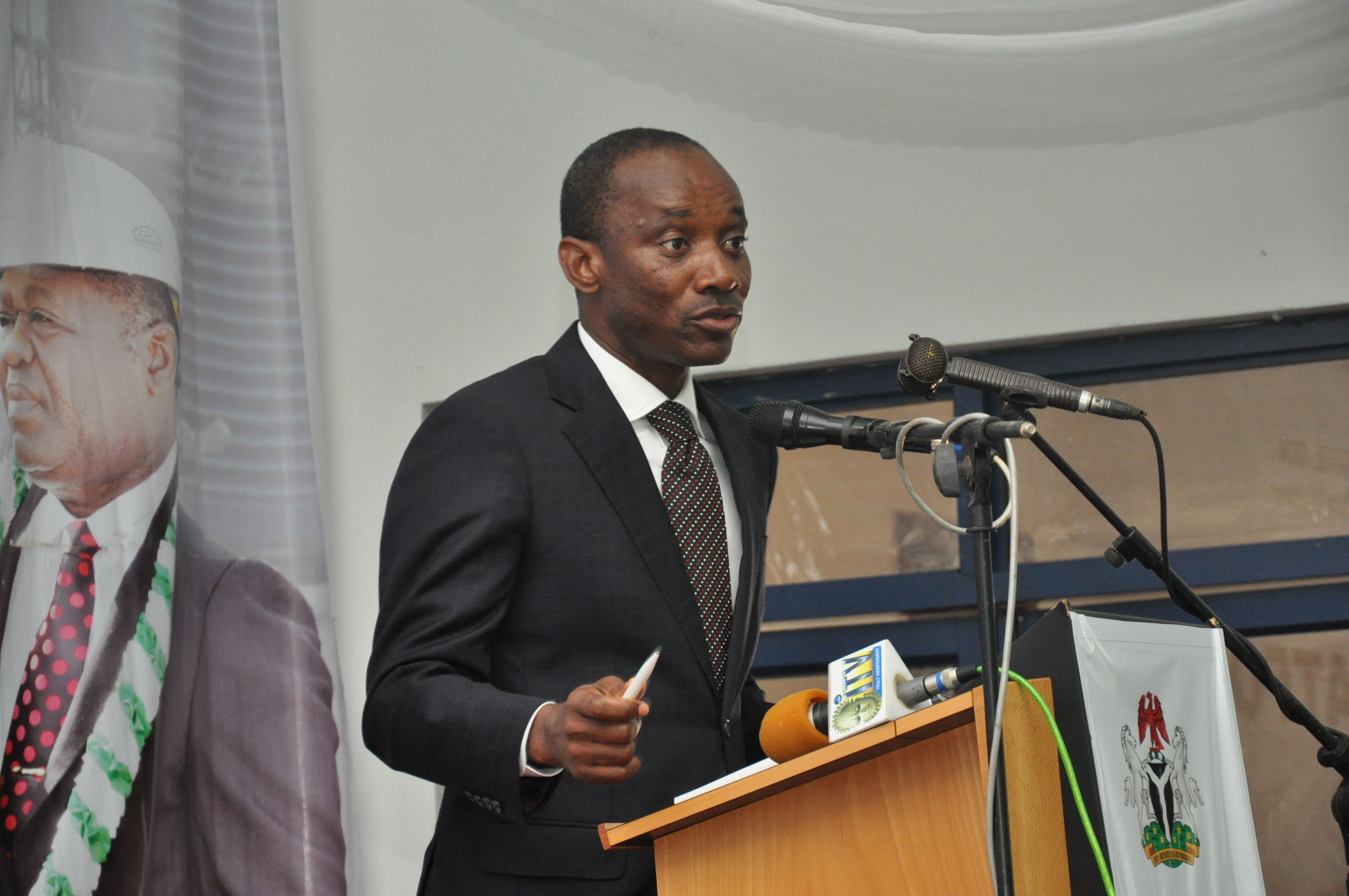Following a resolution passed by the Senate over indiscriminate billing, the Nigerian Electricity Regulatory Commission has directed the electricity Distribution Companies to urgently restructure their fixed charges in order to ensure no Nigerian is made to pay for electricity not consumed.
The Discos have also been directed to discontinue the practice of bulk metering.
The Senate had in its resolution following a motion by Senators Sam Egwu (Ebonyi North) and David Umaru (Niger East), entitled: “Unfair trade practices of Electricity Distribution Companies in Nigeria,” decried the fleecing of Nigerians by Discos through fixed charges and bulk metering among others.
The upper chamber had directed NERC to immediately abolish fixed charges on electricity consumption, bulk metering of villages and communities.
The lawmakers specifically ordered the NERC to immediately stop the collection of fixed charges as well as ensure that the people are not made to pay for energy not consumed.
The Commission in a seven-page response to the Senate’s query last week said it had asked the distribution companies to find a way to restructure the fixed charges such that no one would be made to pay for electricity not consumed.
The Chairman/Chief Executive Officer of NERC, Sam Amadi, who signed the letter to the Senate, a copy of which is available on the Commission’s website, regarding the fixed charges by Discos, said though the fixed charges collected was not illegal, the Commission had been able to intervene in the matter.
Amadi said: “In recognition of the negative impact of the fixed charge, the commission has held several public consultations to ascertain a measure that will guarantee financial viability in the industry and not expose consumers to paying for electricity not consumed.
“Based on the intervention of the Commission, the distribution companies have agreed to find a way to restructure the fixed charge such that a consumer who does not receive electricity supply does not pay the fixed charge.
“This remodeling of the fixed charge will be part of the ongoing tariff review process being conducted by the distribution companies.
“NERC will continue to ensure that whatever model is presented for its approval is fair and reasonable, and ensures the survival of the new electricity market and improves quality of supply to consumers.”
On the vexed issue of bulk metering of customers, the Commission said it is totally in agreement with the Senate on the need to eliminate the sharp practice.
It said it supports the Senate’s position that electricity consumers be metered individually, even as it urged customers to reject community bulk metering.
Amadi said: “The Commission agrees with the Senate’s position on the need to eliminate the practice of bulk billing residential customers and replace the practice with individual metering and billing.
“It is important to state that the Commission had previously abolished bulk billing in its ruling on the VGC Case NO: NERC/H/03/07. The case was brought by a customer against the VGC Estate Management and the Eko Electricity Distribution Company in 2008. The Commission ruled in favour of the customer.
“The decision of the Commission stipulated that every customer is expected to be metered individually irrespective of the status of supply coming into the area and the class of billing should be on R2 or as appropriately determined by Disco.”
Amadi added that the Commission has however provided a leeway for estimation in situations where residential meters are not provided to customers.
“This is provided in the Estimated Billing Methodology Regulation of the Commission,” he said.
He added: “Communities who are placed on bulk billing should reject it and insist on individual metering. The Commission is in the process of completing public consultation on a proposal to cap the amount an unmetered customer can pay until he or she is metered.
“The proposal will also commit distribution companies to strict deadline for metering of all its customers. In the interim, the Commission has abolished connection of new customers without meters.”

